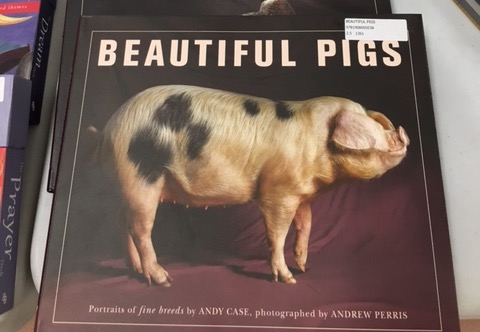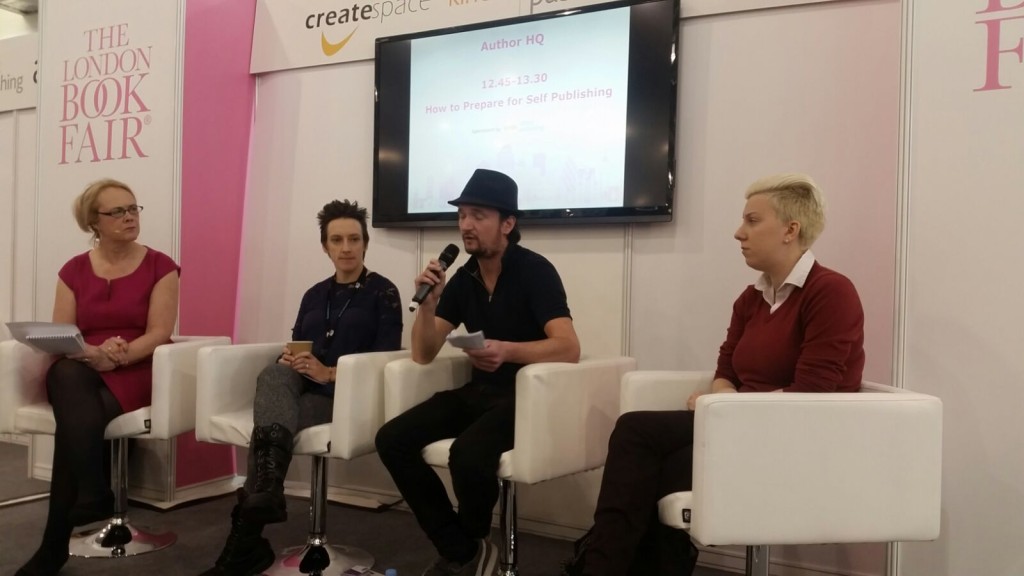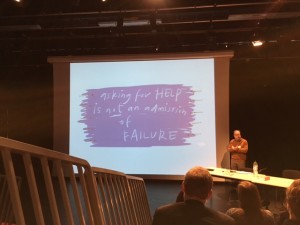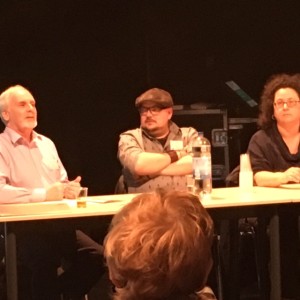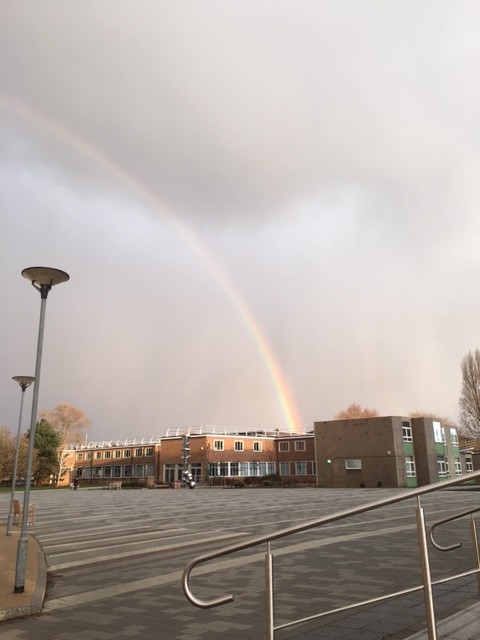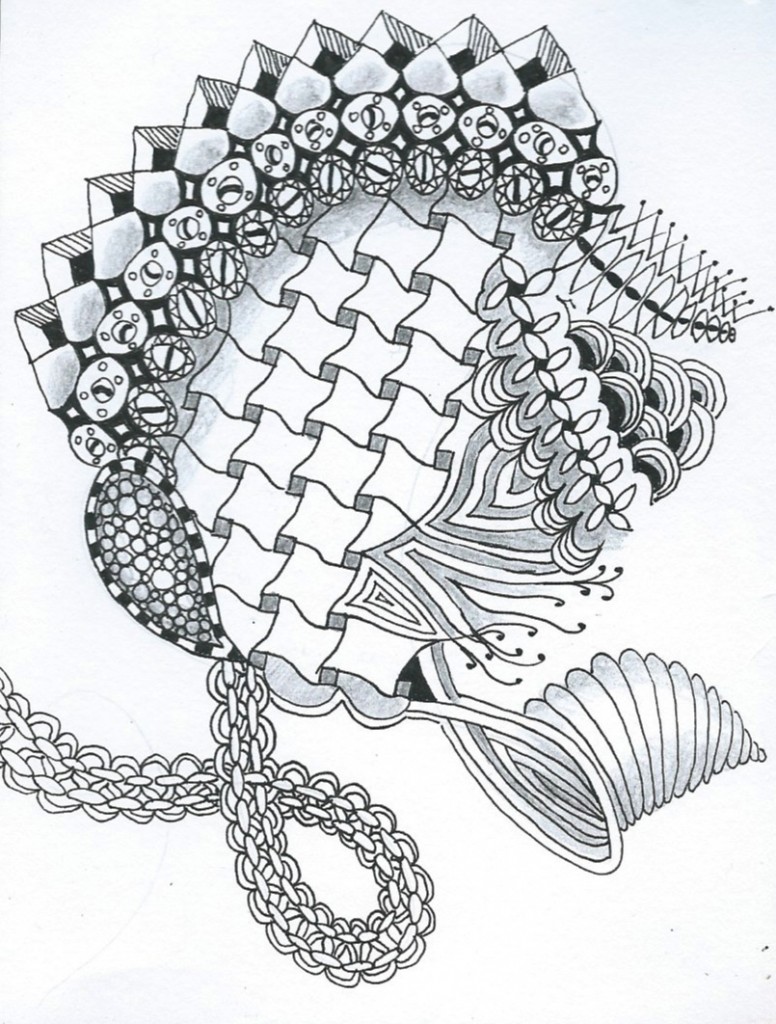‘Proofread your own work?’ I hear you say. ‘But that’s ridiculous! You proofreaders are always telling us it’s impossible!’ And it is impossible to proofread your own work to the same standard as a trained and impartial professional. But if you use common sense and a keen eye, you can get your manuscript to a good standard before it hits the copy-editor’s or proofreader’s desk – and hopefully save yourself a few spondoolies! Here are my tips on how to go about it.
- Read your work out loud. This is the single most important thing you can do when trying to polish your own writing. Don’t worry about sounding ridiculous. Shut the door. Wait until everyone has gone out if you have to. And, most importantly, take your time about it. Reading a piece out loud will show up a multitude of sins. If you slow down and really look at what you’re reading, it should help you to spot any missing little words. You may spot other errors as well.
- Read each line backwards. That’s the next step. Invest in some ink and paper and print out your manuscript so that you can hold a piece of card under each line, just like when you were learning to read at school. Most of my proofreading is done on screen, but I still find it easier to see mistakes in a printed passage. If you can afford it, do it. Read each line backwards, a word at a time.
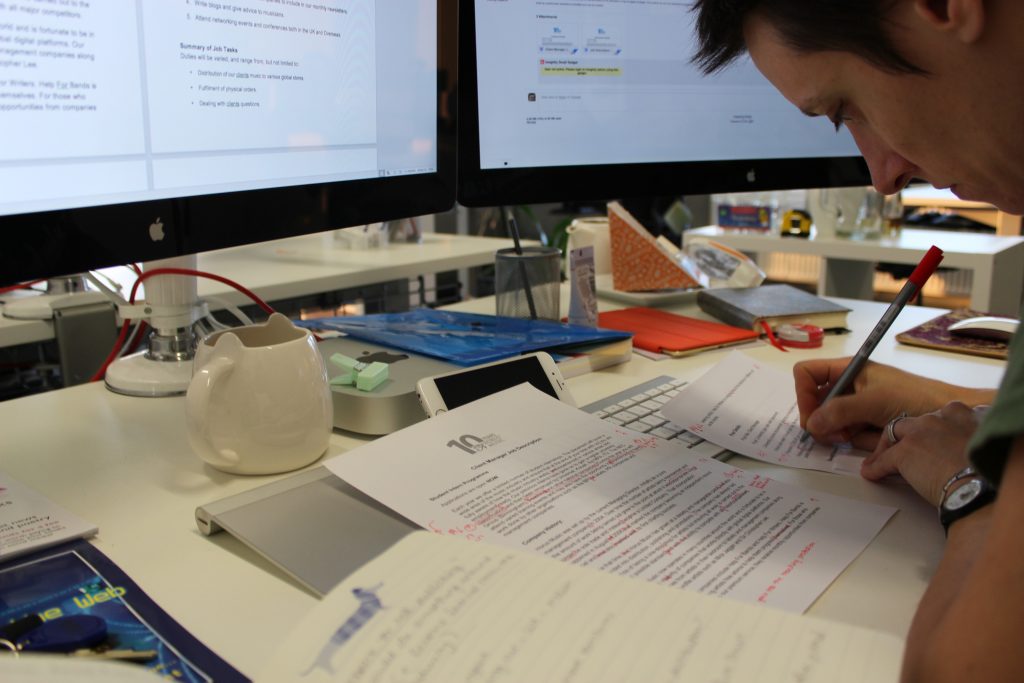
Those are my two top tips – a couple of basic principles, if you like. Here are some pitfalls to watch out for.
- Run a search for ‘pubic’. You won’t regret it. (Unless you’re actually writing about genitals, of course, in which case you’ll probably find yourself typing ‘public’ by accident.) If you mention martial arts at all, you might also want to search for ‘marital’.
- Consistency is key. You may have noticed that apostrophes and quotation marks can be curly or straight depending on which font is used. Make sure all yours are consistent. Even if you’re sure you’ve applied the same font throughout, you might be surprised. I don’t think I’ve ever seen a manuscript where the odd ‘odd’ apostrophe hasn’t crept in.
- Pay special attention to the letters f, i, l and t, especially when they crop up close together. Check that ls aren’t is and is aren’t ts, or vice versa. Check that double letters aren’t triple.
There are also a few simple things you can do to make it much easier to format your book for print or digital distribution.
- Please don’t use double spaces. Not after full stops; not anywhere. It takes seconds to run a ‘find and replace’. Watch out for triple spaces if you’re a heavy-handed typist!
- Get rid of spaces at the ends of paragraphs. I know the feeling only too well – you’re typing away and your thumb automatically adds a space at the end of the sentence. But you don’t need one at the end of a paragraph.
- Use Word’s ‘Styles’ function. If you don’t know what it is or how to use it, there are plenty of tutorials out there. Take some time to figure it out and your copy-editor will thank you for it.
I could add a lot more, but that’s enough to be going on with! Remember the three golden rules:
- read it out loud,
- read it backwards, and
- take your time!



